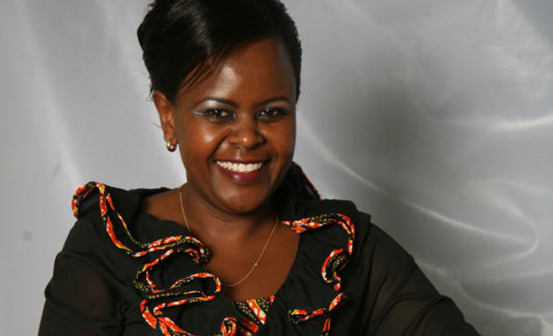×
The Standard e-Paper
Stay Informed, Even Offline

“What’s in a name? That which we call a rose by any other name would smell as sweet.” William Shakespeare
The recent ruling by High Court Judge Mumbi Ngugi on inclusion of fathers’ names in the birth certificates of their children has elicited interesting public debate. The ruling is definitely a win for the mother and child who made the application in 2014. It is victory for single mothers thrust into similar circumstances by evasive fathers.